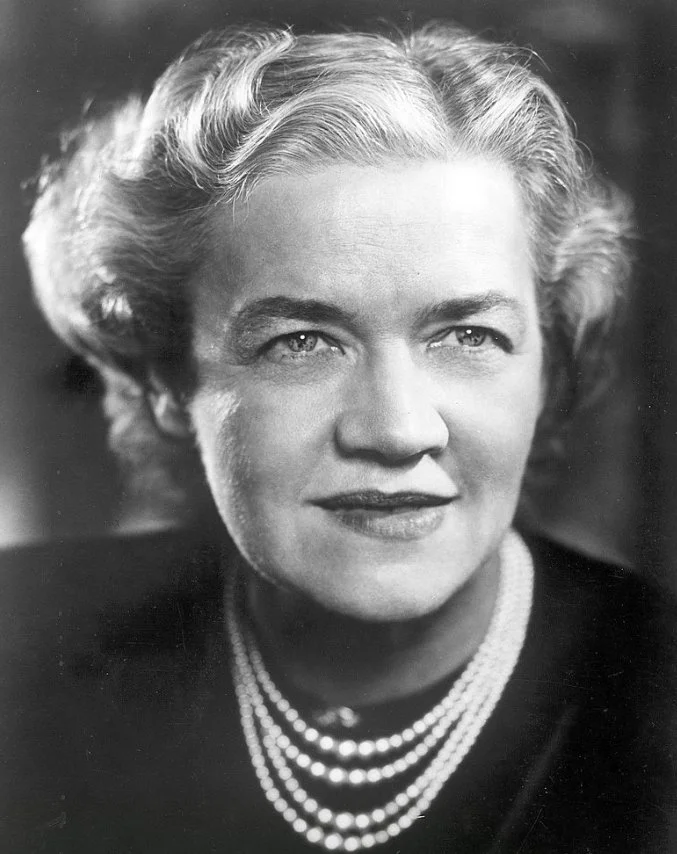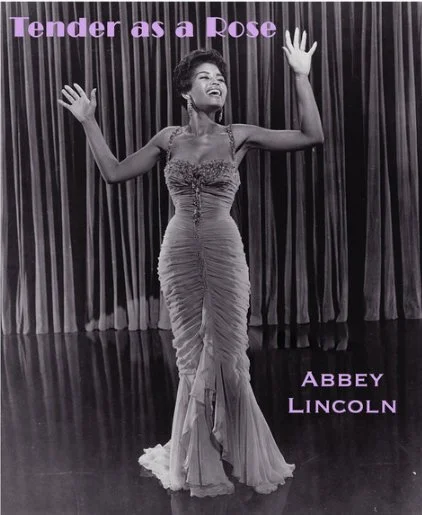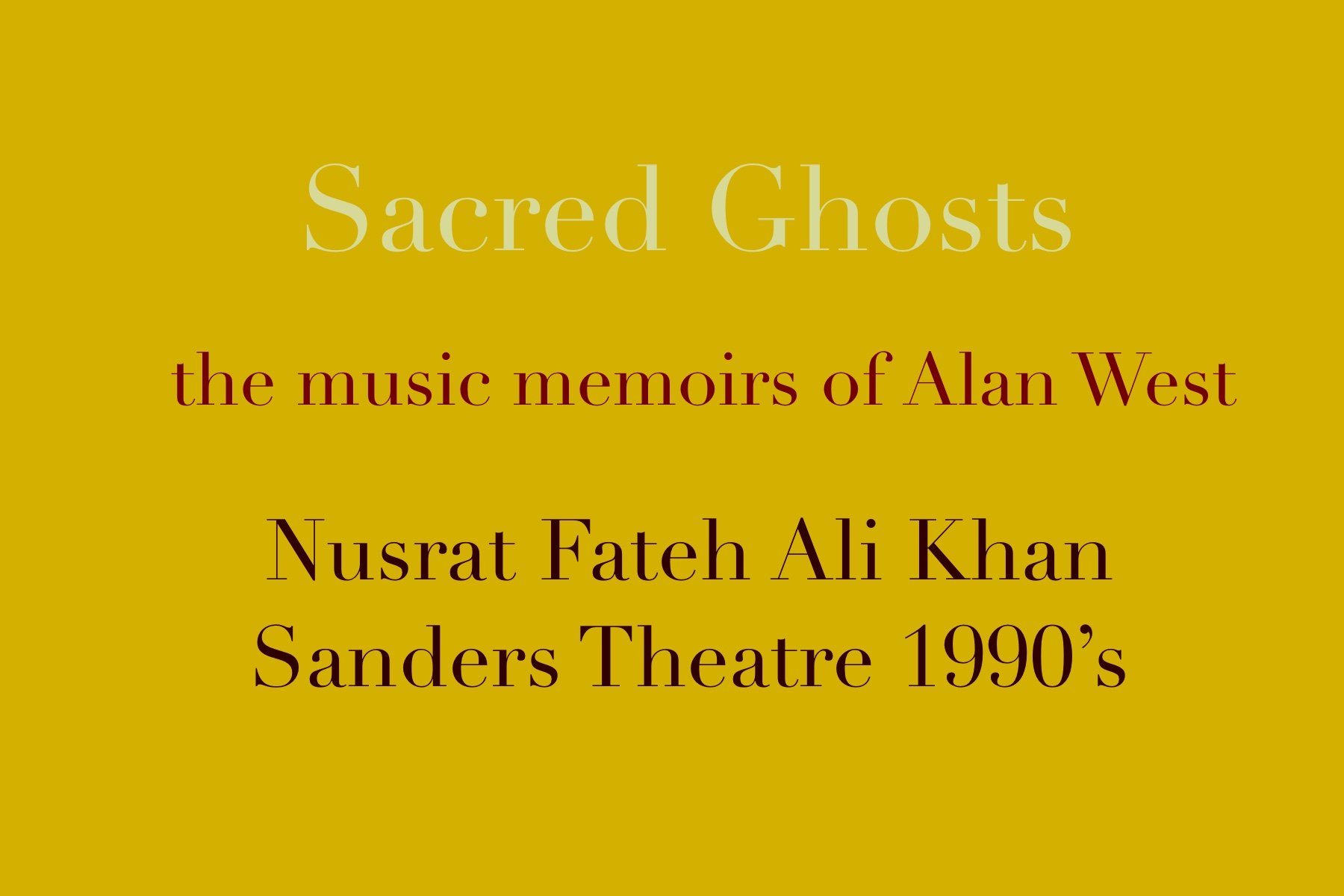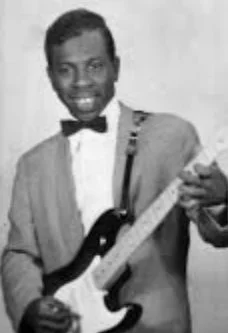Senator Margaret Chase Smith.
Perhaps a funny place and personage with which to begin my missive to you this week. What with the panoply of national tragedies and political insanity roiling around us, I was struck by the relevance of Ms. Smith’s comments to our current condition.
“On February 9, 1950, during a speech to a group gathered in Wheeling, West Virginia, to celebrate Abraham Lincoln’s birthday, an undistinguished senator from Wisconsin named Joe McCarthy claimed that he had a list of 205 communists working for the State Department and that the Democrats refused to investigate these “traitors in the government.”
The anti–New Deal faction of the party jumped on board. Sympathetic newspapers trumpeted McCarthy’s charges—which kept changing, and for which he never offered proof—and his colleagues cheered him on while congress members from the Republican faction that had signed onto the liberal consensus kept their heads down to avoid becoming the target of his attacks.
All but one of them did, that is. Senator Smith recognized the damage McCarthy and his ilk were doing to the nation.
On June 1, 1950, only four months after McCarthy made his infamous speech in Wheeling, Smith stood up in the Senate to make a short speech.
She began: “I would like to speak briefly and simply about a serious national condition. It is a national feeling of fear and frustration that could result in national suicide and the end of everything that we Americans hold dear…. I speak as a Republican, I speak as a woman. I speak as a United States Senator. I speak as an American.”
Referring to Senator McCarthy, who was sitting two rows behind her, Senator Smith condemned the leaders in her party who were destroying lives with wild accusations. “Those of us who shout the loudest about Americanism in making character assassinations are all too frequently those who, by our own words and acts, ignore some of the basic principles of Americanism,” she pointed out. Americans have the right to criticize, to hold unpopular beliefs, to protest, and to think for themselves. But attacks that cost people their reputations and jobs were stifling these basic American principles. “Freedom of speech is not what it used to be in America,” Senator Smith said. “It has been so abused by some that it is not exercised by others.”
Senator Smith wanted a Republican victory in the upcoming elections, she explained, but to replace President Harry Truman’s Democratic administration—for which she had plenty of harsh words—with a Republican regime “that lacks political integrity or intellectual honesty would prove equally disastrous to this nation.”
“I do not want to see the Republican Party ride to political victory on the Four Horsemen of Calumny—Fear, Ignorance, Bigotry and Smear.””
“Nusrat Fateh Ali Khan
Sanders Theatre early 1990s
Best of lists are always controversial. In 2016 the LA Weekly came up with a list of the 20 greatest singers of all time. They had Billie Holiday at number 5, Aretha Franklin at number 2, Axl Rose at number 3 and Freddie Mercury was their number 1 choice. Yes, number 4 was Nusrat Fateh Ali Khan.
In 2008 Rolling Stone magazine pulled together a list of the 100 greatest singers of all time and Freddie Mercury came in at number 18, Axl Rose at 64 and Aretha at numero Uno. Neither Billie Holiday nor Nusrat Fateh Ali Khan made their list, but Rolling Stone has more of a rock and pop focus.
Nusrat was primarily a singer of Sufi devotional music known as qawwali, which originated in 12th-century Persia. The lyrics are based on medieval Sufi poems that often use images of romantic love to express deep religious faith. The traditionally male qawwal, who knows these poems by heart, unites phrases and passages from different poems to create a new expression. Qawwali performances are typically held in shrines and are marked by passionate shouting and dancing. Qawwali is similar in spirit to the ecstatic musical tradition of American gospel music and Moroccan joujouka. As Nusrat said, “Qawwali is enlightenment itself.”
I wasn’t familiar with a Pakistani custom of throwing money and flowers at his feet during a concert performance. It happened at this concert and while it diverted my attention from the music, I was moved by the music enough to overcome it.
Born in Pakistan in 1948, he died in London in 1997 at just 48 years old. London doctors blamed his death on his treatment in Pakistan with infected dialysis equipment, from which they said he contracted hepatitis. The official cause of death was cardiac arrest, though he had kidney and liver failure and was a very large man, estimated at 300lbs.
“Sufi music tries to banish the hatred living within all human beings.”
Nusrat Fateh Ali Khan
”
Curtis Mayfield, 6.3.42, vocalist, guitarist, composer
Curtis wrote “People Get Ready” in 1965 as a member of the Impressions. Its timeless gathering encouragement has left a deep and abiding mark. Reassuringly simple, boiled down, a consistently hopeful public gospel anthem!





